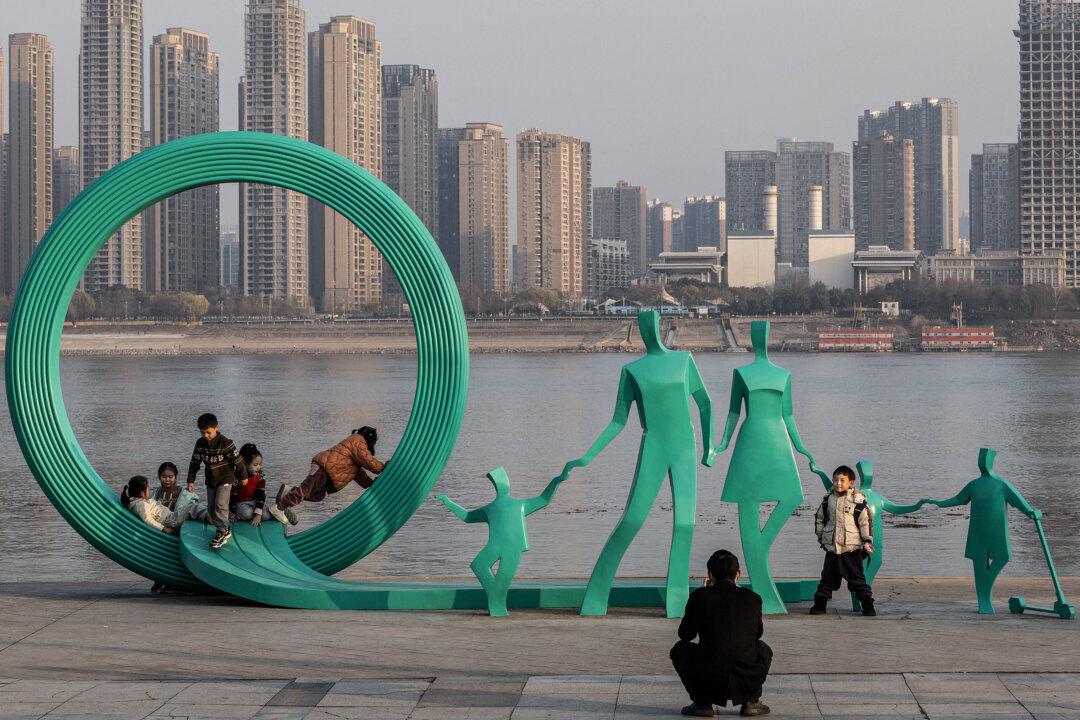Amid China’s worsening demographic crisis, authorities in many cities are endeavoring to boost their populations by encouraging more births, easing urban household registrations, and offering other incentives for migrants to settle.
On May 13, the authority of Shenyang, the capital of Liaoning Province, announced measures to favor the settlement of migrants, including abolishing the quota restriction and extending the scope of relatives who can settle in the city from immediate family members to close relatives.





